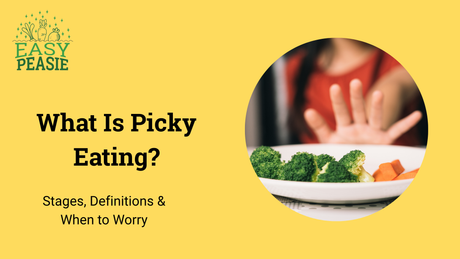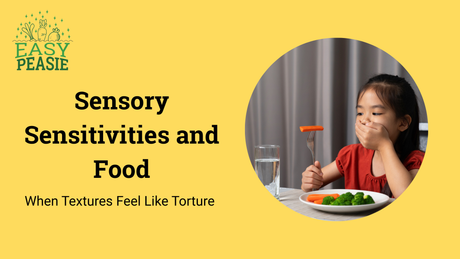Beyond Just Being Fussy
All children can be picky eaters at times, but when does this behavior cross the line into extreme picky eating? Understanding the difference can be crucial in identifying potential underlying issues and seeking the right help. This blog will explore what constitutes extreme picky eating and how to handle it.
Defining Extreme Picky Eating
The Signs of Extreme Picky Eating
Extreme picky eating goes beyond a simple dislike of certain foods. The signs may include:
- Refusing entire categories of texture or food groups
- Eating fewer than 20 different foods
- Extreme anxiety or distress around new or unfamiliar foods
- Withdrawal from social activities that involve food
The Impact on Nutrition and Lifestyle
Extreme picky eating may lead to nutritional deficiencies or imbalances. It can also affect a family's social life, as mealtimes become stressful and eating outside the home becomes challenging.
The Causes of Extreme Picky Eating
This condition may stem from various causes, such as:
- Sensory sensitivities
- Medical conditions that affect the ability to eat
- Psychological factors, including anxiety and trauma
Strategies to Address Extreme Picky Eating
Professional Evaluation
If you suspect your child is an extreme picky eater, it may be beneficial to seek a professional evaluation. Medical, nutritional, or psychological professionals can provide tailored strategies and interventions.
Positive Mealtime Environment
Create a positive mealtime environment where children feel safe and relaxed. Pressuring a child to eat can worsen the situation.
Collaborative Approaches
Work with your child, rather than against them. Involve them in food selection and preparation, and set realistic expectations.
Approach with Compassion and Understanding
Extreme picky eating can be a complex and challenging issue, but understanding its signs, potential causes, and approaches can make the journey smoother. Remember, you're not alone, and professional help is available. Approach the situation with empathy, patience, and love.
Next Steps
If you're dealing with extreme picky eating in your family, join our Facebook Group, where parents share tips and support one another. Together, we can nourish our children in body and soul. 🍎💖













